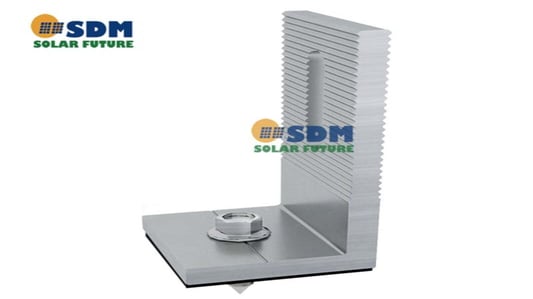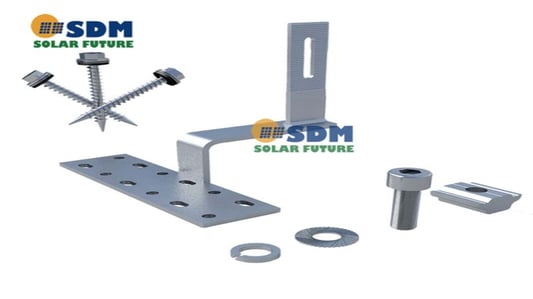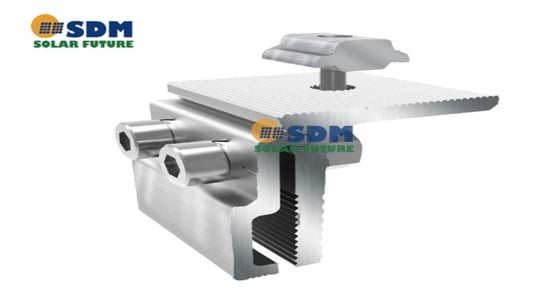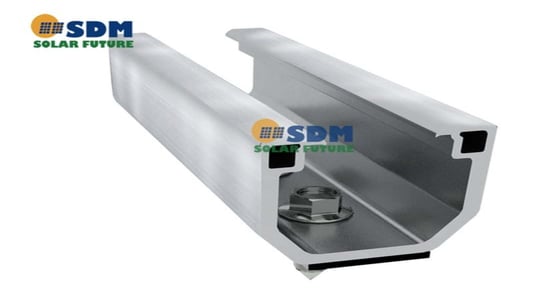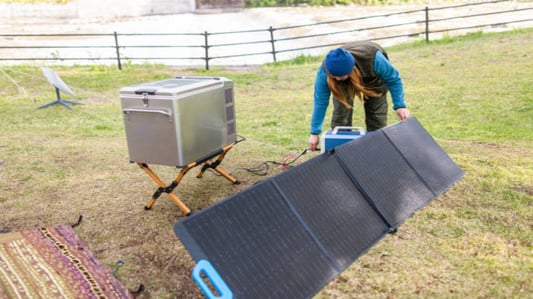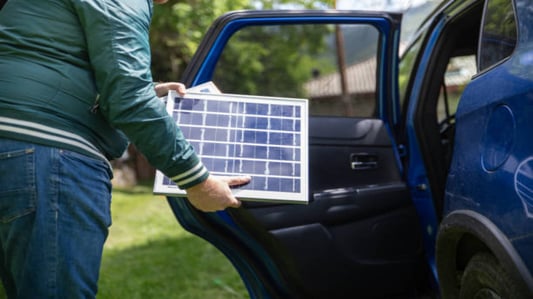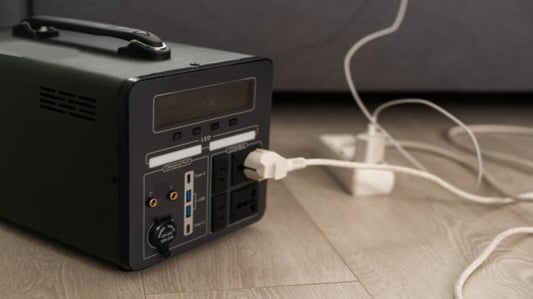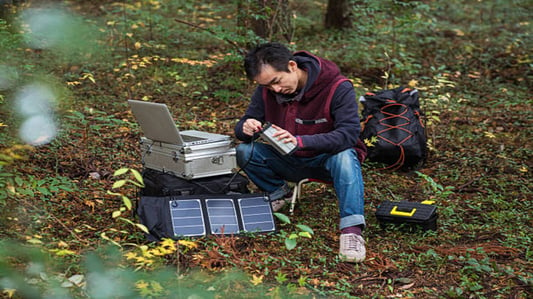Cost-Effective Energy Solutionflat roof solar installation is a cost-effective energy solution that can significantly lower your electricity bills over time. By harnessing the power of the sun, you can generate your own electricity and reduce your dependence on traditional energy sources.Environmental ImpactSwitching to flat roof solar installation can have a positive impact on the environment. By using renewable energy, you can reduce your carbon footprint and help combat climate change. Solar panels produce clean energy that does not emit harmful greenhouse gases.Low MaintenanceOne of the advantages of flat roof solar installation is its low maintenance requirements. Once the panels are installed, they require minimal upkeep. Regular inspections and cleanings are recommended to ensure optimal performance, but overall, solar panels are a hassle-free energy solution.Increased Property ValueInvesting in flat roof solar installation can increase the value of your property. Solar panels are considered a desirable feature for homebuyers, and many are willing to pay more for a home with an existing solar energy system. This can also make your property more attractive on the real estate market.Energy IndependenceWith flat roof solar installation, you can achieve energy independence by generating your own electricity. This means you are less reliant on the grid and are better prepared for power outages or fluctuations. You can also store excess energy in batteries for use during peak times or at night.Government IncentivesThere are various government incentives and rebates available for flat roof solar installation. These financial incentives can help offset the initial cost of purchasing and installing solar panels. In some cases, you may even be eligible for tax credits or grants to further reduce your investment.Long-Term InvestmentFlat roof solar installation is a long-term investment that can provide significant returns over time. While there is an upfront cost associated with installing solar panels, the savings on your energy bills and potential increase in property value can make it a worthwhile investment in the long run.Customizable DesignWhen it comes to flat roof solar installation, there are various design options available to fit your specific needs and preferences. Solar panels can be customized in terms of size, shape, and orientation to maximize sunlight exposure and energy generation. This allows for a tailored solution that suits your property.Energy-Efficient TechnologySolar panels used in flat roof solar installation are highly energy-efficient, converting sunlight into electricity with minimal waste. Advances in solar technology have made panels more efficient and affordable, making them a viable option for both residential and commercial applications.Sustainable Energy SolutionOverall, flat roof solar installation is a sustainable energy solution that benefits both the environment and your wallet. By making the switch to solar energy, you can reduce your reliance on fossil fuels, decrease your carbon footprint, and contribute to a cleaner, greener future for generations to come. Quote InquiryContact us


